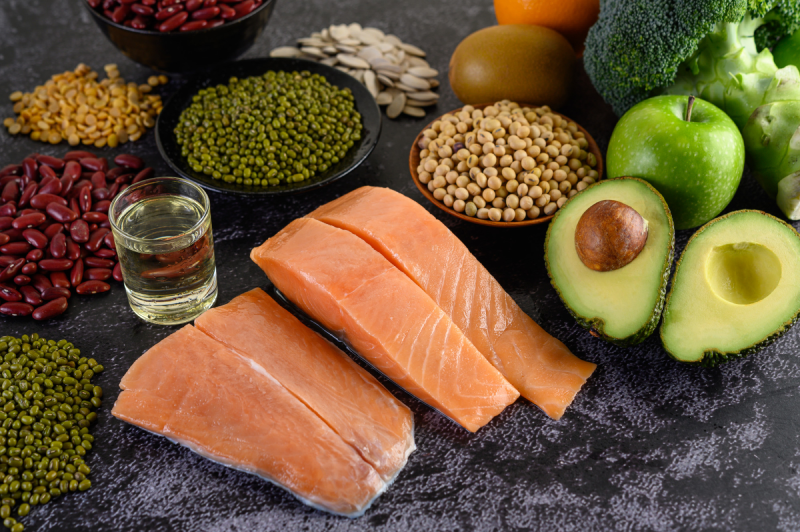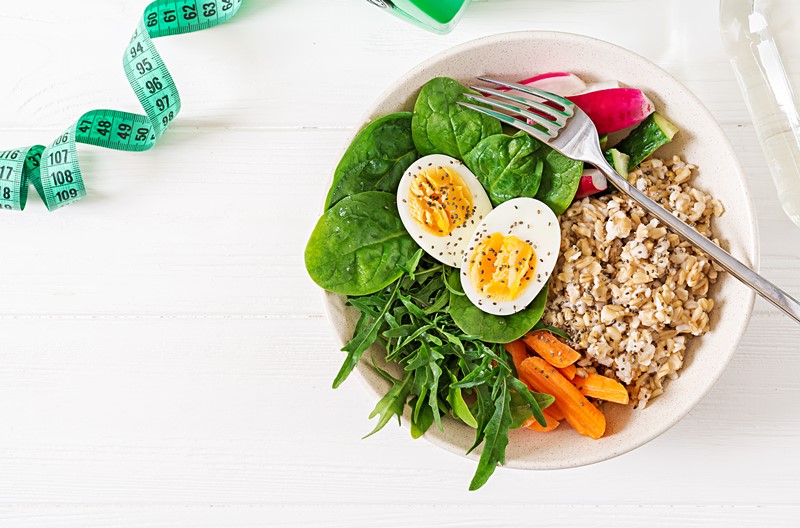Protein is essential for living organisms. It gives us energy, helps our bodies recover, and keeps our tummies satisfied. Protein is composed of long-chain amino acids, which are the building blocks of muscle. Your body produces 11 amino acids and the others—the 9 so-called essentials amino acid — you must consume from food. How would you know if you’re protein deficient ? In fact, hair and nails are mostly made of protein. Your body uses it to build and repair tissue and protein is an important building block of bones, muscles, cartilage, skin, and blood. Even for people who is willing to lose weight, it has been shown in studies that adequate protein is needed for weight loss to balance blood sugars and prevent muscle breakdown.
Read the full article at: www.mindbodygreen.com
On the same basis, here at DietSensor, our primary objective is to facilitate food intake tracking to empower its users to follow and stick with their nutritional goals. DietSensor’s innovative progression chart gives you comprehensive information on carbs, fat, protein, calories, and alcohol levels to provide customized nutrition goals. Are you proteins deficient ? Do you get the right amount of it or are you over the limit from over- supplementation? Start eating right and discover the connections between your diet, lifestyle and health.
How? With our app, you’ll have access to our extensive food database with over 600,000 food items and supplements and the most complete nutrition information from 19 countries (in 18 languages!) with ultrafast bar-code scanning. Simple and intuitive ! You will love it.




